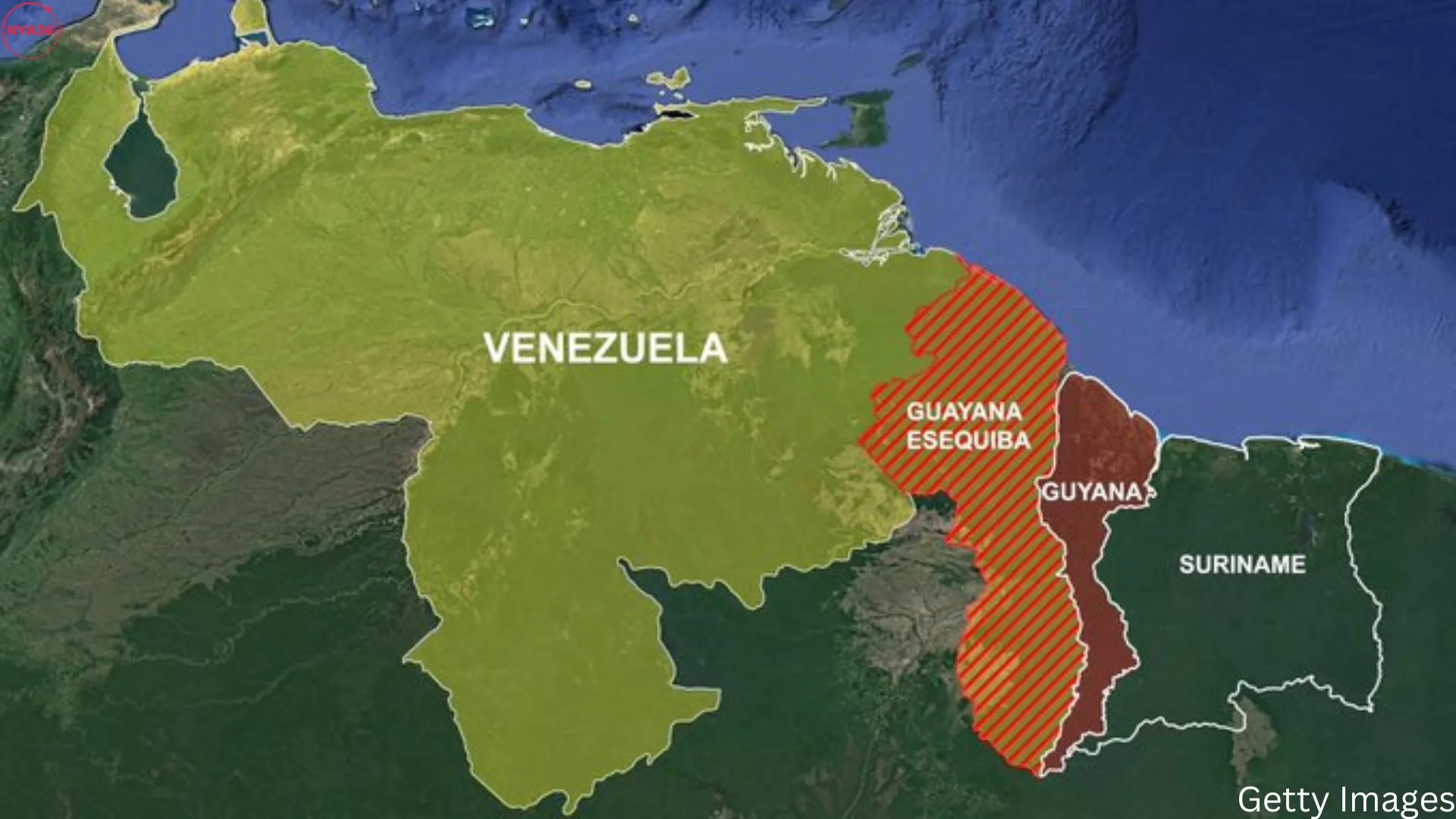The nomination of Major General Rodriguez Cabello and the administration of the newly acquired Venezuelan lands, which were previously part of Western Guyana, highlights a multifaceted geopolitical position encompassing historical, geographical, and economic aspects.
The appointment of Major General Rodriguez Cabello as the head of government in these territories by Venezuela signifies a strategic maneuver. Throughout history, a protracted territorial dispute has persisted between Venezuela and Guyana about the Essequibo region. The origins of this ongoing disagreement may be traced back to the 19th century, and its lack of resolution has resulted in the development of strained relations between the two nations.
The new administrative appointment may be interpreted as an expression of Venezuela’s territorial assertion, particularly given the region’s substantial natural riches, such as oil deposits. The selection of Major General Rodriguez Cabello, a military figure, suggests a significant Venezuelan presence in the area, potentially with the intention of consolidating its authority and impact.
Nevertheless, although the aforementioned administrative appointments, Venezuelan military forces have not yet commenced their ingress into the region, and there is a conspicuous absence of any discernible indications pertaining to a comprehensive deployment of military personnel. The adoption of a cautious approach may perhaps be interpreted as a strategic effort to mitigate the risk of exacerbating relations with Guyana or eliciting international action.
The military preparations detected in the eastern parts of Venezuela are of a restricted type, which is deserving of attention. This implies that although there may be some indications of preparedness or military drills, there is now no imminent substantial deployment of armed forces into the contested regions.
Moreover, the establishment of a distinct division within the petroleum corporation PDVSA with the purpose of undertaking oil extraction activities in the recently acquired regions highlights the economic importance attributed to these territories. The problem is further complicated by the existence of important natural resources, namely oil. The ability to exercise authority over these resources can have a substantial influence on the economic power and stability of either country.
The aforementioned progress has elicited apprehension among global watchers and adjacent nations. The territorial dispute that remains unresolved and the recent administrative initiatives undertaken by Venezuela have the potential to result in increased tensions within the region. It is possible that various states or international organizations are currently engaged in diplomatic endeavors aimed at fostering conversation and achieving a peaceful resolution to this dispute, with the objective of averting any future violence.
It is imperative that both Venezuela and Guyana actively participate in diplomatic dialogues in order to reach a mutually satisfactory resolution to their territorial dispute. The utilization of discussion, facilitated by international organizations if deemed essential, has the potential to mitigate any potential escalation that could lead to regional destabilization.
Furthermore, the presence of military personnel assuming administrative positions gives rise to inquiries regarding the interplay between civilian and military sectors in Venezuelan government, as well as the potential ramifications of these appointments on domestic political affairs.
In summary, the nomination of Major General Rodriguez Cabello and the administration of contested Venezuelan territory have substantial geopolitical, economic, and historical ramifications. Although there are indications of administrative and economic strategies being implemented, the lack of significant military mobilization indicates a prudent and careful approach. Nonetheless, the unresolved territorial dispute persists as a conceivable trigger point, demanding meticulous diplomatic maneuvering to avert heightened tensions and foster regional stability.
Follow us on social media: Instagram, Threads & Twitter X @nya360_ YouTube & Facebook @nya360.





